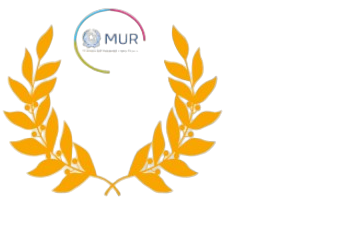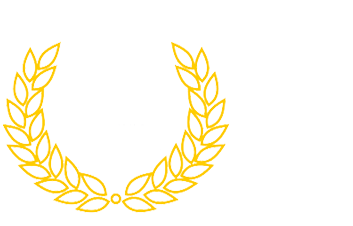
Explore the course
The Master’s Degree course in Chemical Engineering aims to train high-level professionals responsible for the design, planning, development, management, and control of complex systems, processes, and services in the area of chemical engineering. The course completes the training of the Bachelor Degree in Chemical Engineering aiming to establish a wider approach to problems and a higher professional awareness. The Master’s Degree in Chemical Engineering includes methodological aspects of process engineering and specific applications in the field of control techniques and safety analysis . The theoretical preparation, supplemented by laboratory activities and/or industrial internships, provides the graduate with the ability to respond to various needs related to advanced analysis and the design of transformation processes of industrial interest. In addition, the graduate acquires the knowledge, methodological tools, and the “intellectual curiosity” necessary to lead her/his education and/or research activities to a more advanced level.
The Master’s Degree course consists of three different “curricula” that allow to acquire professionalizing skills in different areas of the labor market.
1) The “Process Engineering” curriculum (held in Italian)
The curriculum provides broad-spectrum skills in all traditional fields of chemical engineering, with a focus on industrial process design. The target is developing engineering knowledge to ensure that chemical processes are safe, effective, and environmentally friendly.
Qualifying elements: ability to design equipment and manage industrial chemical processes; development of skills related to the flexibility of the project, the choice of raw materials, and the minimization of industrial risks.
2) The “Sustainable Engineering” curriculum (held in English)
The curriculum allows to develop a sensitivity to the concept of “life cycle thinking”.
Qualifying elements: development of skills on issues of industrial ecology, thermoprocesses and bioprocesses with a view to sustainable development; ability to design and develop
transformations related to the exploitation of resources and the minimization of impacts, as well as the environmental risk associated with industrial operations.
3) The “Product Engineering” curriculum (held in English)
The curriculum allows to develop a sensitivity for the microscopic approach to the matter transformations, the structure-property relationships of materials, and formulations both through experimental determinations and through “ab-initio” approaches.
Qualifying elements: understanding the structure/property/function correlation of materials; development of specific skills in leading sectors of the product industry, such as: pharmaceuticals, foodstuffs, detergents and cosmetics, plastics.



